Overview
Siksika First Nation (Siksika) received $79,999 for the completion of a technical memorandum on climate change impacts to potable water within the Nation.
This project was funded by the Government of Alberta, through the Municipal Climate Change Action Centre’s Climate Resilience Capacity Building Program.
Approach
Siksika is a part of the Siksikaitsitapi, the Blackfoot Confederacy, which includes Kainai Nation, Piikani Nation and Aamskapi Piikani (Blackfeet Nation).
A part of Treaty 7, Siksika is located in southern Alberta, approximately one hour east of Calgary, and has a population of approximately 7,800.
The source of Siksika’s potable water is groundwater wells. Siksika has a water treatment facility that receives raw water from groundwater wells close to the Bow River and supplies settlements with potable water. Some homes that are less central are not connected to this public water distribution system and have their own groundwater wells for water supply.
This project included an analysis of climate change impacts on the quality and quantity of potable water available from the groundwater wells within Siksika.
Kerr Wood Leidal Associates Ltd. (KWL) worked in collaboration with Groundwater Resources Information Technologies Ltd. (GRIT Ltd.) staff to assess climate change impacts on the local groundwater table and develop a strategy for Siksika to manage water quality and quantity challenges.
Results
The technical memorandum Climate Change Impacts on Potable Water presents an analysis of climate change impacts to the quantity and quality of potable water from groundwater wells within Siksika Nation.
An accompanying Council presentation summarizes the predicted climate impacts to groundwater, the assessment of groundwater quality, and recommendations and next steps for ensuring a resilient groundwater supply within Siksika Nation.
The project team identified that there is potential for reduced yield from groundwater wells under climate change, particularly for gravel wells which are more influenced by surface water levels than bedrock wells. If well yield becomes a future challenge due to climate-impacted fluctuating water levels, the team identified three areas containing highly productive gravel aquifers that are not currently utilized for community well supply.
Water quality was also assessed, and six dissolved constituents within the groundwater supply were identified for further investigation, including any project climate change implications, and suggested approaches for the management of the constituents.
Benefits
As Siksika navigates a dropping groundwater table due to climate-related drought and rising water temperatures, the outcomes of this project are intended to serve as guidance for the Nation, in their response to climate change challenges.
Climate change is a real concern for our drinking water supply, we need to think about it and take action to secure safe drinking water for the future.
Van Le, Chief Operating Officer
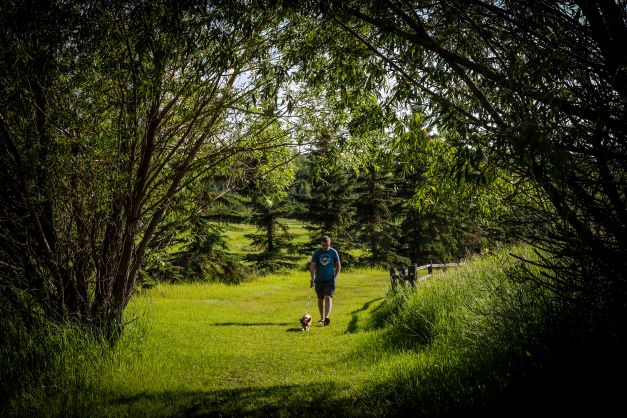
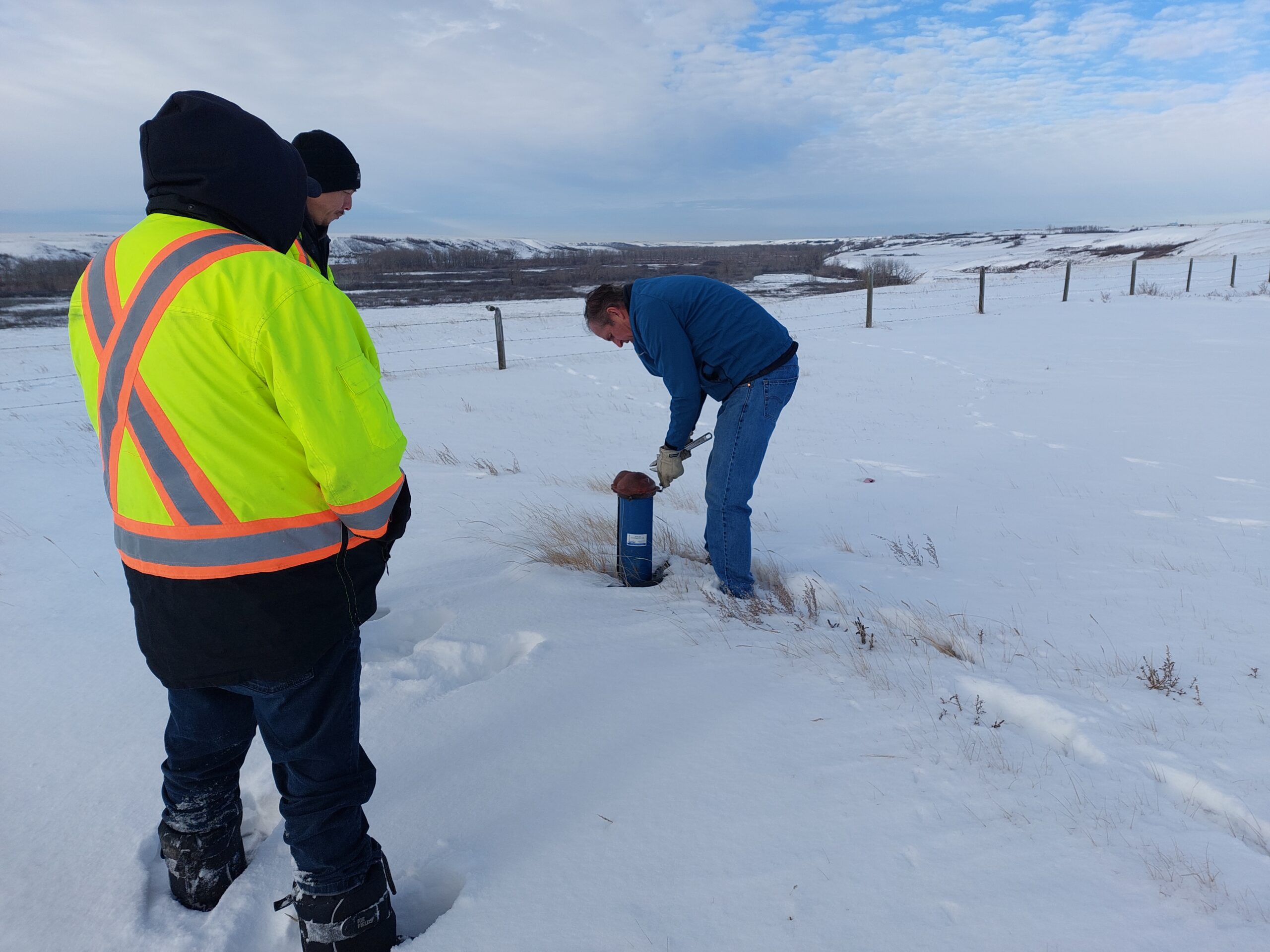
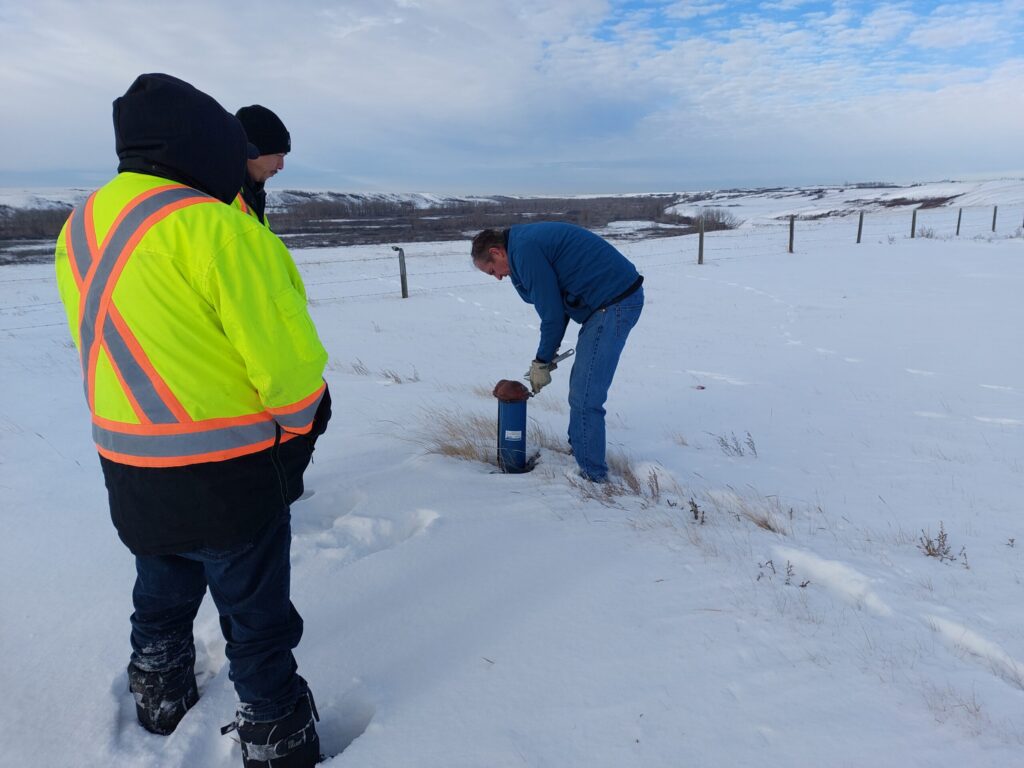
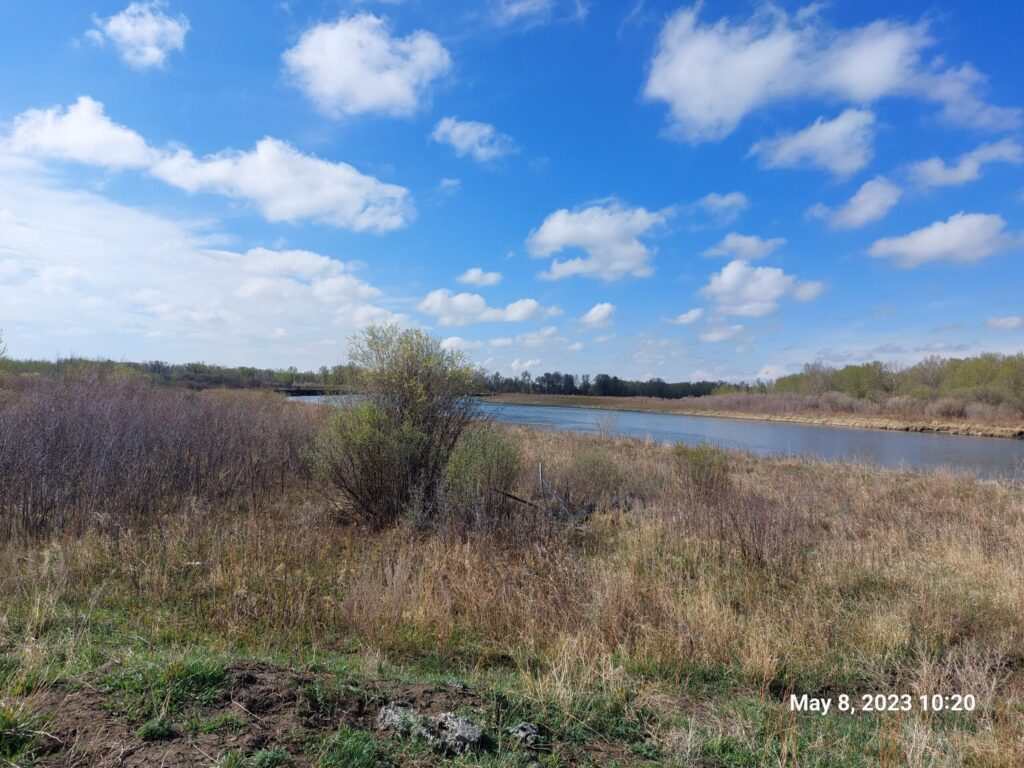
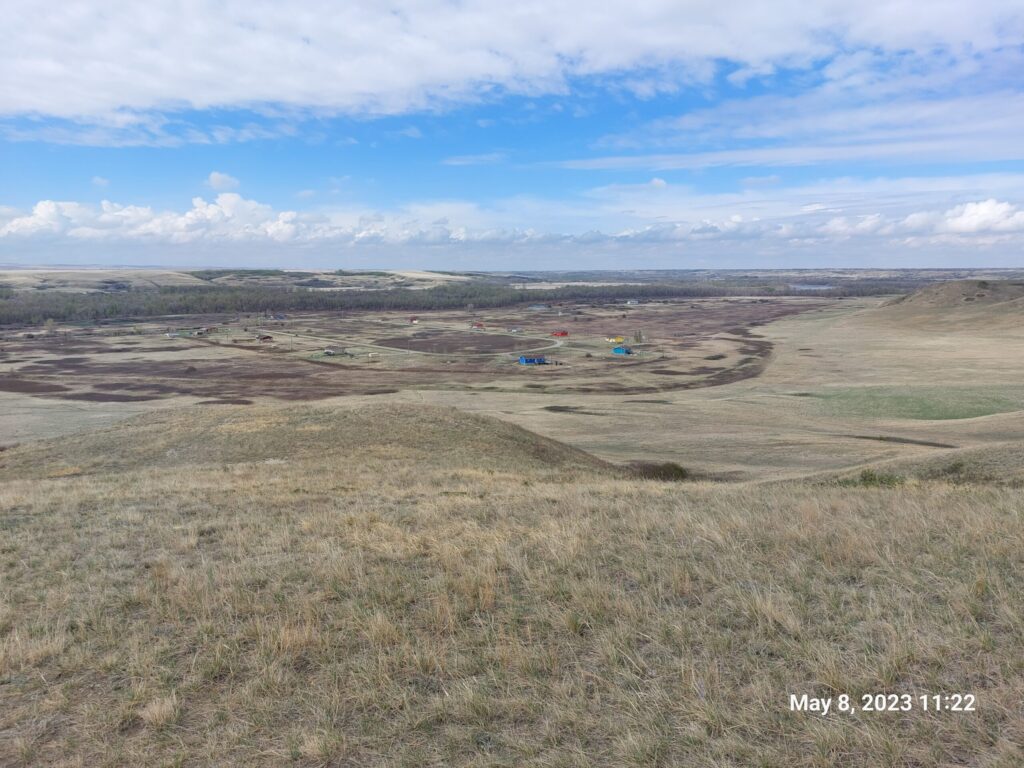

You must be logged in to post a comment.